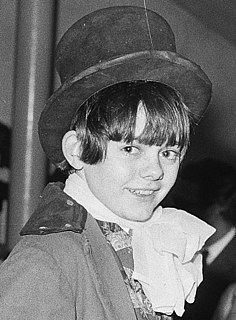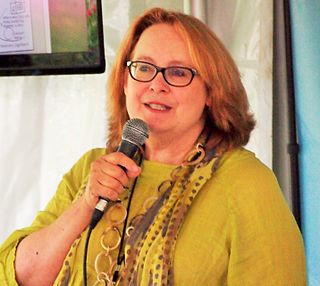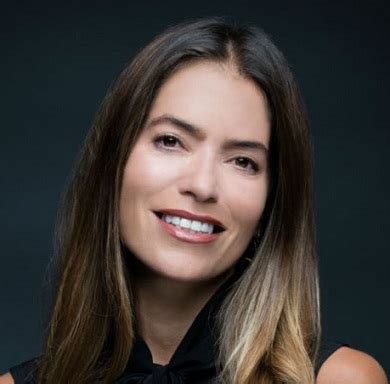A Quote by Haruki Murakami
Adults constantly raise the bar on smart children, precisely because they're able to handle it. The children get overwhelmed by the tasks in front of them and gradually lose the sort of openness and sense of accomplishment they innately have. When they're treated like that, children start to crawl inside a shell and keep everything inside. It takes a lot of time and effort to get them to open up again. Kids' hearts are malleable, but once they gel it's hard to get them back the way they were.
Quote Topics
Able
Accomplishment
Adults
Again
Back
Bar
Because
Children
Constantly
Crawl
Effort
Everything
Front
Gel
Get
Get Over
Gradually
Handle
Hard
Hearts
Inside
Keep
Kids
Like
Lose
Lot
Malleable
Once
Open
Openness
Overwhelmed
Precisely
Raise
Sense
Sense Of Accomplishment
Shell
Smart
Sort
Start
Takes
Tasks
Them
Time
Treated
Up
Way
Were
Related Quotes
I really, really love children and I think probably among children is when I feel mostly berated. It's not like I feel like oh, there's some children here. I have to tone it down. I go nuts with children especially when I ain't got none. So when I'm round my mates' children, I jest them kids up first. I swear at them, I get more worked up, I say crazy stuff to them, fill their heads with nonsense and then I leave them.
I have been working with UNICEF Peru a lot. I am aiming to educate children, mostly because once adults reach adulthood, your views are shaped. With children, you can really teach them, you can open their eyes to what is really going on. The only way we can open their eyes and free them is by educating them.
When I met Akira Kurosawa in Japan, one question he asked me was, "How did you actually make the children act the way they do? I do have children in my films but I find that I reduce and reduce their presence until I have to get rid of them because there's no way that I can direct them." My own thought is that one is very grand, like an emperor on a horse, and it's very hard for a child to relate to that. In order to be able to cooperate with a child, you have to come down to below their level in order to communicate with them.
I'm always loath to make generalizations about what is for children and what isn't. Certainly children's literature as a genre has some restrictions, so certain things will never pop up in a Snicket book. But I didn't know anything about writing for children when I started - this is the theme of naïveté creeping up on us once more - and I sort of still don't, and I'm happy that adults are reading them as well as children.
Everyone who comes in is just amazed that our children do not have the animosity, the hatred, because these children are into it. You know, once you learn to like yourself, then you don't see this black-white bit. I still say that a good basic education is the only thing. I feel guilty sometimes because I don't think Jesus Christ could get any more accolades than I do when I walk through that classroom, even from the children I do not teach. They know that I love them, but I am forever telling them, "Get into that seat so you can have choices in this world."
The new concept of the child as equal and the new integration of children into adult life has helped bring about a gradual but certain erosion of these boundaries that once separated the world of children from the word of adults, boundaries that allowed adults to treat children differently than they treated other adults because they understood that children are different.
As a children's author, you get to advocate for reading and writing in general, in a way an adult author might not be able to. It's a really interesting dance we do to get literature into the hands of young people and to help them to become literate and become readers; we want them to grow up reading and continue to do so when they're adults.
What it means to be human is to bring up your children in safety, educate them, keep them healthy, teach them how to care for themselves and others, allow them to develop in their own way among adults who are sane and responsibile, who know the value of the world and not its economic potential. It means art, it means time, it means all the invisibles never counted by the GDP and the census figures. It means knowing that life has an inside as well as an outside. And I think it means love.




































